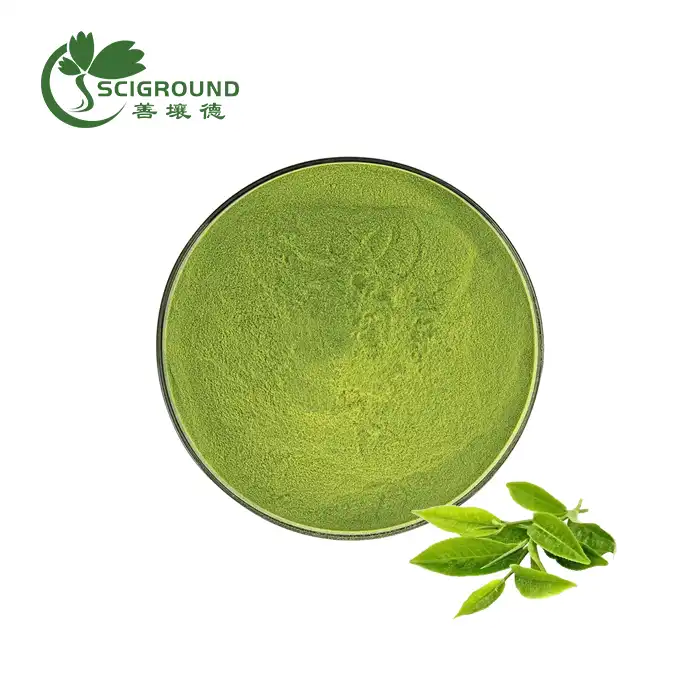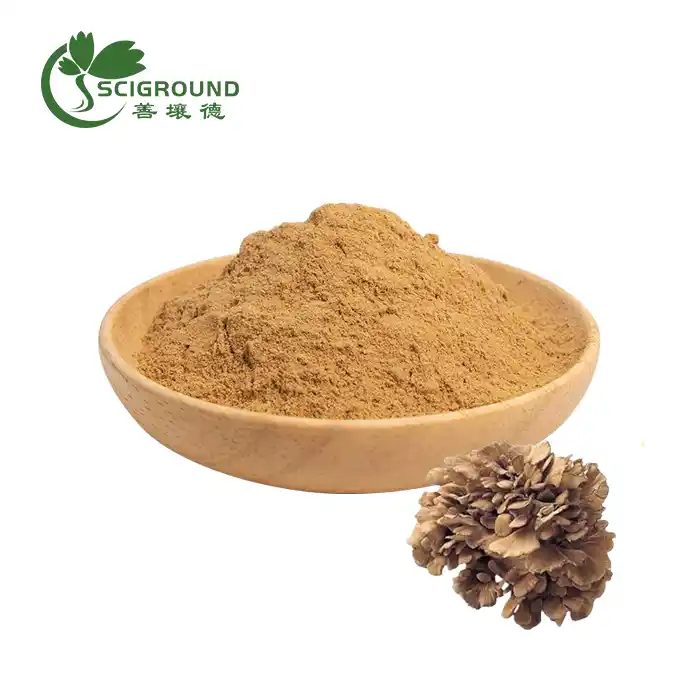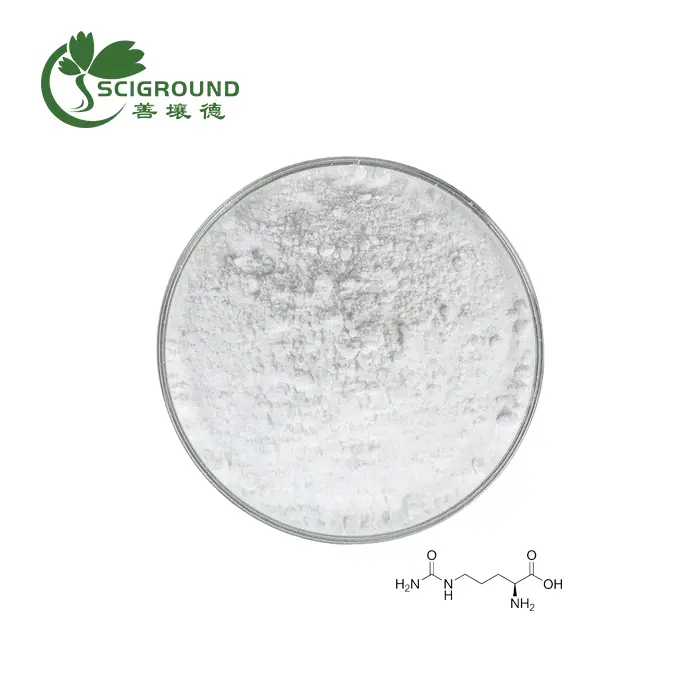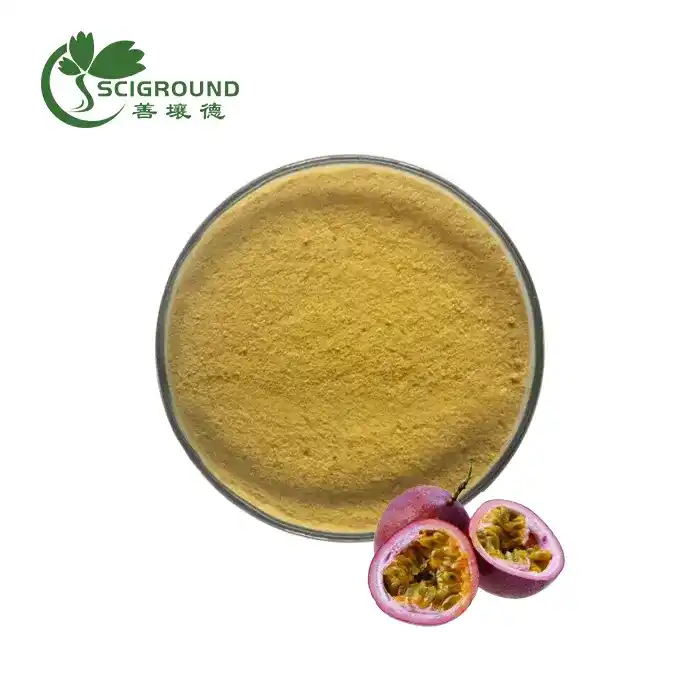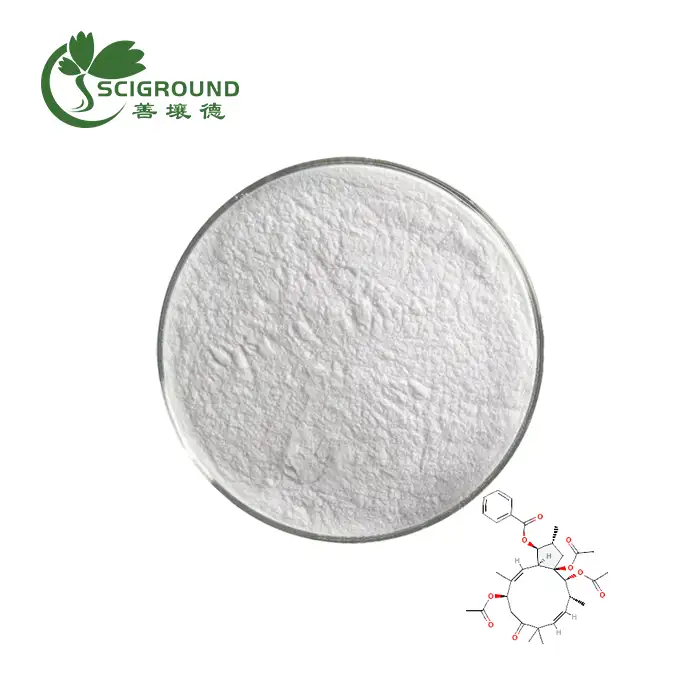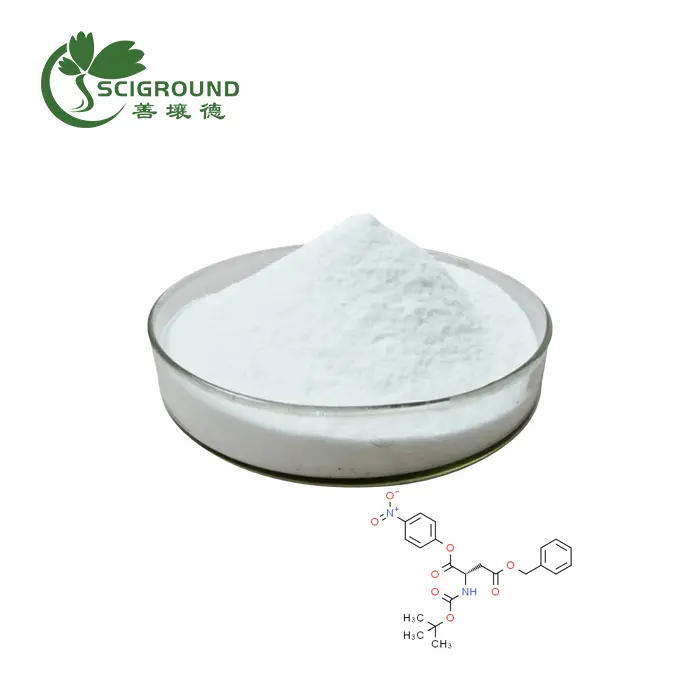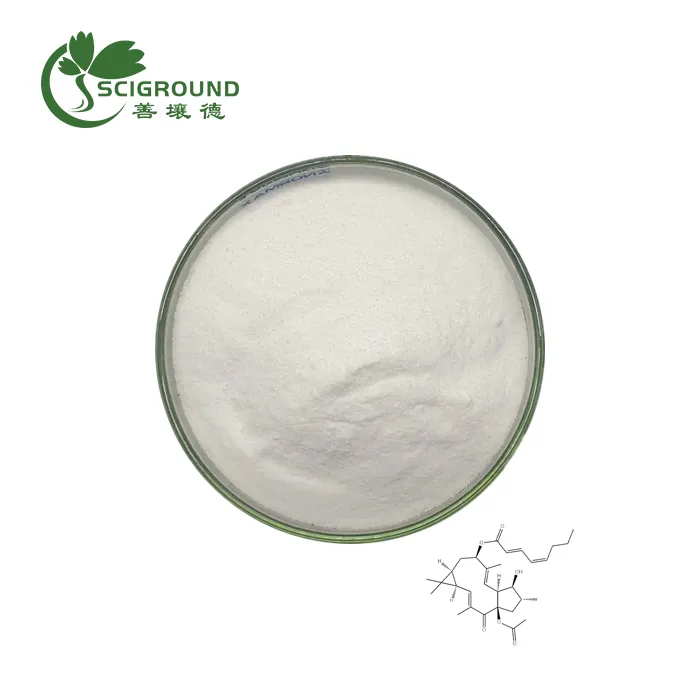Is Soybean Seed Extract Comedogenic
Soybean Seed Extract, derived from Glycine max, is a skincare ingredient rich in isoflavones, including genistein and daidzein. Recognized for antioxidant prowess, it shields skin from oxidative stress, potentially stimulating collagen synthesis for increased elasticity. Studies suggest anti-inflammatory benefits, making it suitable for sensitive skin. Despite concerns, Soybean Seed Extract is generally considered non-comedogenic. Nevertheless, individual skin reactions may vary, and a patch test is recommended. Reputable skincare products containing this extract offer potential advantages, contributing to a holistic approach to skincare.
Soybean Seed Extract and Pore-clogging
Soybean seed extract is a popular ingredient in skincare products, celebrated for its potential benefits for the skin. However, concerns have been raised about whether it can be pore-clogging, leading to issues such as acne. To address this question, it is essential to delve into the composition of soybean extract and its effects on the skin.
Product Composition:
Soybean seed extract is derived from soybeans, known scientifically as Glycine max. It contains a variety of bioactive compounds, including proteins, lipids, vitamins, and phytochemicals. One key component is soy isoflavones, which possess antioxidant and anti-inflammatory properties. These isoflavones, such as genistein and daidzein, are often credited with the potential skincare benefits of soybean seed supplement powder.
Potential Benefits for the Skin:
Antioxidant Protection: Its rich content of isoflavones can help neutralize free radicals, protecting the skin from oxidative stress and environmental damage.
Collagen Synthesis: Some studies suggest that soy isoflavones may stimulate collagen synthesis, promoting skin elasticity and firmness.
Anti-Inflammatory Effects: The anti-inflammatory properties of soy isoflavones may soothe the skin, making it a potentially beneficial ingredient for individuals with sensitive or irritated skin.
Pore-Clogging Concerns:
The concept of pore-clogging, often referred to as comedogenicity, is a concern for individuals with acne-prone skin. However, there is limited evidence to suggest that it is comedogenic. In fact, certain studies indicate that soy-derived ingredients may have non-comedogenic properties and can be suitable for various skin types.
While individual skin reactions can vary, soybean seed powder, when sourced from reputable skincare products, is generally considered safe for most skin types. As with any skincare ingredient, it's advisable to perform a patch test and observe how your skin responds. If concerns persist, consulting with a dermatologist can provide personalized guidance on skincare choices.
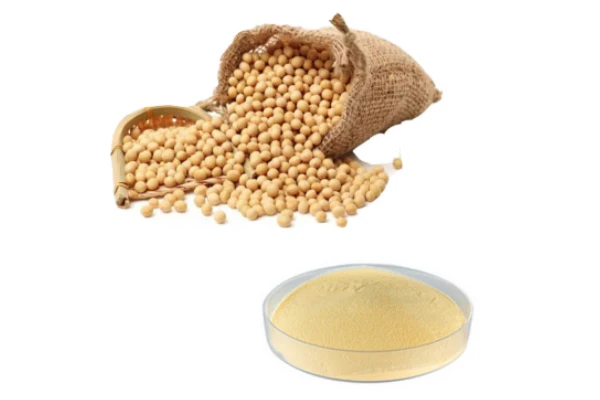
Is Soybean Extract Good for Skin?
Soybean excerpt offers several implicit benefits for the skin, making it a popular component in skincare products
Rich in Antioxidants It contains potent antioxidants, similar as isoflavones, which help neutralize free revolutionaries. This antioxidant exertion can cover the skin from environmental damage, reducing the signs of unseasonable aging.
Collagen conflation Isoflavones in it may stimulate collagen conflation. Collagen is a structural protein that contributes to skin firmness and pliantness, promoting a more immature appearance.
Moisturization Soybean excerpt has emollient parcels, helping to lock in humidity and maintain skin hydration. This is salutary for individualities with dry or dehydrated skin.
Anti-Inflammatory goods Some studies suggest that soy isoflavones retainanti-inflammatory parcels, which can soothe bothered or sensitive skin, making it suitable for those with skin conditions like greenishness or inflammation.
Brightening and Indeed Skin Tone Soybean excerpt may contribute to skin cheering and evening out skin tone. It's frequently included in phrasings targeting hyperpigmentation and dark spots.
UV Protection Isoflavones in it may give some position of protection against UV- convinced damage, although it shouldn't be considered a cover for devoted sun protection.
Is Soybean oil painting Clogging?
Soybean oil painting is a extensively used vegetable oil painting deduced from soybeans, and its impact on skin health has been a subject of interest. enterprises about whether it's comedogenic, meaning it can clog pores and potentially lead to acne or skin mars, have been raised.
It has a fairly low comedogenic standing compared to some other canvases . Comedogenic conditions are on a scale from 0 to 5, with 0 beingnon-comedogenic and 5 being largely comedogenic. Soybean oil painting generally falls in the low to moderate range, around 2 on this scale.
Several factors contribute to the comedogenicity of an oil painting, including its adipose acid composition and how well it absorbs into the skin. It contains a blend of adipose acids, including linoleic acid, which is considered to be less likely to clog pores compared to canvases advanced in oleic acid.
For individualities with acne-prone or sensitive skin, it's pivotal to note that everyone's skin reacts else. Some people may find it to benon-comedogenic and indeed salutary for their skin. still, others may witness flights or vexation.
still, it's judicious to perform a patch test first to observe how your skin reacts, If you're considering using it on your skin. also, choosing high- quality, cold- pressed, and unrefined soybean oil painting can insure that you're getting the most natural and salutary form of the oil painting.
As with any skincare product, individual responses vary, and consulting with a dermatologist can give individualized advice grounded on your skin type and specific enterprises. In summary, while soybean oil painting has a fairly low comedogenic standing, particular gests may differ, emphasizing the significance of patch testing and personalized skincare approaches.
While soybean extract is generally well-tolerated, individual reactions can vary. It is recommended to perform a patch test before incorporating new skincare products, especially for those with allergies or sensitivities. Additionally, choosing products with high-quality and properly formulated it can maximize its potential benefits for the skin. Consulting with a dermatologist can provide personalized advice based on individual skin concerns and needs.
Reference Studies:
Choi, S. Y., et al. (2008). Effects of genistein on early-stage cutaneous wound healing. Biochemical and Biophysical Research Communications, 365(2), 259–263. doi:10.1016/j.bbrc.2007.10.189
Miyazaki, K., et al. (2011). Isoflavones reduce arterial stiffness: a placebo-controlled study in men and postmenopausal women. Hypertension Research, 34(2), 269–273. doi:10.1038/hr.2010.206
Related Industry Knowledge
- Does horseradish lower blood pressure?
- How to Make Corn Silk Extract
- What are natural sources of DHM?
- Is it safe to eat cinnamon powder everyday?
- Is it safe to take cordyceps everyday?
- L-Ornithine Benefits
- How much vitamin b6 to increase progesterone
- The Power of Vitamin B2 Powder: Benefits and Safety
- Unveiling the Potential Benefits of Stephania Extract: A Comprehensive Guide
- Soybean Seed Extract: Unlocking the Potential of Nature's Superfood
